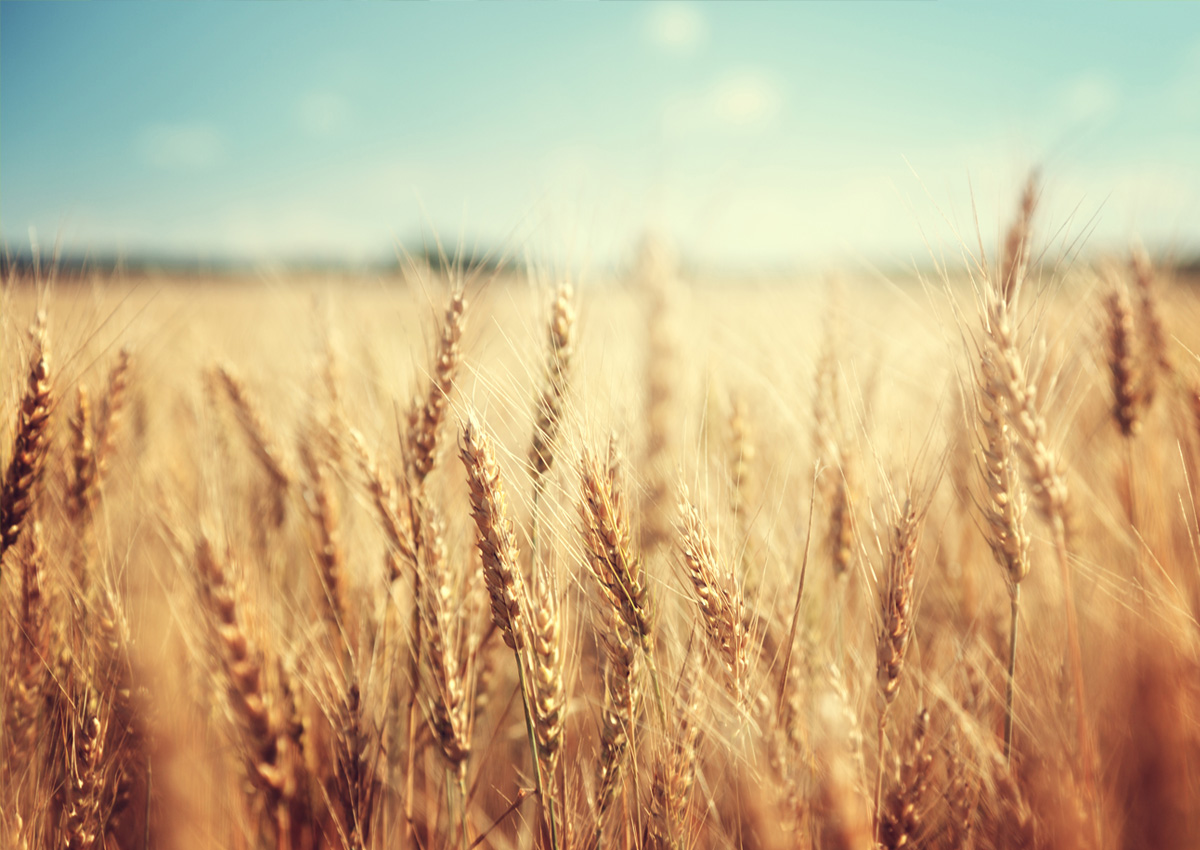
Genome-Edited Wheat Field Trial Gets UK Government Approval
September 1, 2021| |
The United Kingdom Department for Environment, Food and Rural Affairs (Defra) has granted permission to Rothamsted Research to run a series of field trials of genome-edited wheat.
The wheat in the field trial has been edited to reduce the levels of naturally occurring amino acid, asparagine, which is converted to the carcinogenic processing contaminant, acrylamide, when bread is baked or toasted. Project leader Professor Nigel Halford said that asparagine levels can be reduced substantially in wheat without compromising grain quality. Doing this would benefit consumers by reducing their exposure to acrylamide from their diet, and food businesses by enabling them to comply with regulations on the presence of acrylamide in their products.
In their lab experiments, the researchers were able to "knock out" the asparagine synthetase gene, TaASN2. Asparagine concentrations in the grain of edited plants were substantially reduced compared with the un-edited plants, with one line showing a more than 90 % reduction, according to project scientist Dr. Sarah Raffan.
The Hertfordshire-based experiments will be the first field trials of CRISPR edited wheat anywhere in the UK or Europe.
For more details, read the news article in Rothamsted Research.
| |
You might also like:
- Rothamsted Research Submits Application to Defra for Field Trial of Gene-Edited Wheat
- Rothamsted Research Study Shows White Flour is Healthiest It's Been in 200 Years
- Rothamsted Research Study Finds European Wheat Can Yield Far More Than Current Production
Biotech Updates is a weekly newsletter of ISAAA, a not-for-profit organization. It is distributed for free to over 22,000 subscribers worldwide to inform them about the key developments in biosciences, especially in biotechnology. Your support will help us in our mission to feed the world with knowledge. You can help by donating as little as $10.
-
See more articles:
-
News from Around the World
- Our World in Data Says Only ~10% of Global Food Crops Depend on Pollinators
- SOLVE Info-Sufficiency on Genome-edited Crops
- Kenyan Feed Manufacturers Ask Gov't to Allow Importation of GMO Feed Materials
- Dynamic Model Measures Impact of Light Fluctuations on Photosynthesis
- Animal Biotech Experts Brief Stakeholders in Asia Oceania Region
- Ukraine Government Supports Two Draft Laws on GMO Regulation
- Genome-Edited Wheat Field Trial Gets UK Government Approval
-
Research Highlights
- Aspergillus Gene Confers Salt Tolerance to Soybean Plants
-
Plant
- Semi-dwarf Rice Developed Using CRISPR-Cas9
- Understanding Benefits Increases Consumers' Willingness to Accept, Buy Novel Foods
- Researchers Use CRISPR to Understand Genetic Characteristics of Wound Healing in Potatoes
-
Health
- Researchers Shed New Light on the Molecular Detail of COVID-19
-
Read the latest: - Biotech Updates (January 28, 2026)
- Gene Editing Supplement (January 28, 2026)
- Gene Drive Supplement (February 22, 2023)
-
Subscribe to BU: - Share
- Tweet

